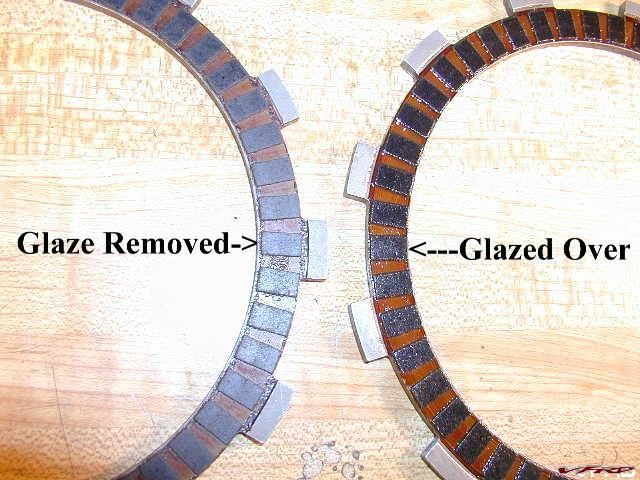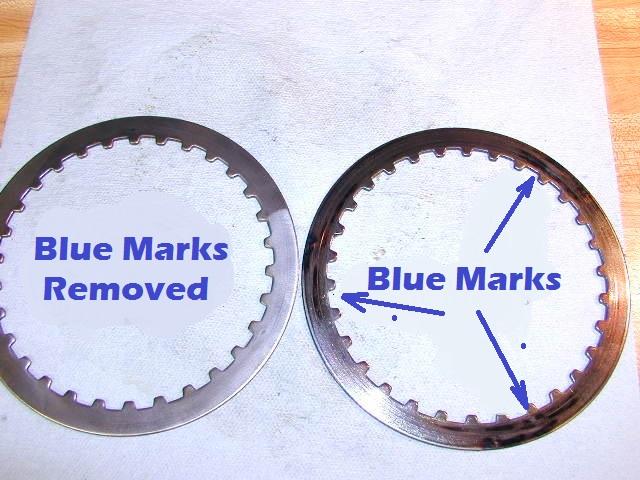The idea is that car oil is perfect fine for motorcycle clutches, including energy conserving oils.
The holy trinity of science is 1)Reason 2)Observation 3)Experience...
employing those tools we observe that the primary cause clutch slip
are high mileage... mileage is the constant among all of the clutches
that begin to slip... oil choice whether JASO approved or not is not a
constant... High mileage is the constant where all clutches begin to
loose grip due to normal glazing and contaminates that build up over use..
JASO has approved 1,537 oils as of Dec 2019 which covers virtually
everything on the market including 0w oils that would qualify as
Energy Conserving... That is because Energy Conserving is not
additive... its an API mileage test that this "oil MAY result is an
overall saving of fuel in the vehicle fleet as a whole" there is
nothing in the oil to defeat a wet clutch...
JASO approve list examples...
234 0w30 Energy Release SN 4T Jaso MA
238 0w30 Energy Release SN 4T Jaso MA
242 0w40 Energy Release SN 4T Jaso MA
243 0w40 Energy Release SN 4T Jaso MA2
244 0w50 Energy Release SN 4T Jaso MA2
389 0w30 Honda Ultra G4 Jaso MA
387 0w30 Honda Ultra G4 Jaso MA
401 0w30 Pro Honda HP4 Jaso MA
If you wish high mileage clutch life then you have to invest is some
good old sweat equity... because at the first sign of slip it doesn't
automatically mean your clutch is tired and worn out or that your
clutch plates are wore too thin because you can Mic them to
determine serviceability and within the factory specifications...
Under scrutiny you'll find that your slip was due to normal
glazing and contaminates...
Deglazing clutch plates ain't nothing new... no sir... back in the 70s
it use to be part of every savvy rider's maintenance plan... and for
some reason that all change during the 90s... why fix what you can buy
new is the what you hear now a days... but if your interested in
making your clutch bite good as new then roll up your sleeves and read
on... i
Inspect the friction plates for glazing... make sure you have plenty
of material to work with... your shop manual states clutch thickness
in thousands of an inch or mm...
First removed the contaminants with Acetone... pick a hard surface to lay
over a 600 grit black dry emery paper... rotate the clutch plate in a
circle... you're just busting the glaze... don't get carried away
remove too much material... You should end up with a friction plate
looks dull like a new one as opposed to a shinny glazed one... recheck
thickness...
Next check the pressure plates for bluing caused by localized heat...
make sure they are not warped... consult the manual for a thickness
range... now removed the contaminants with Acetone and wire wheeled
them to erased the blue and also to generally scuff up the surface...
you should end up with a dull surface free of Blue marks...



